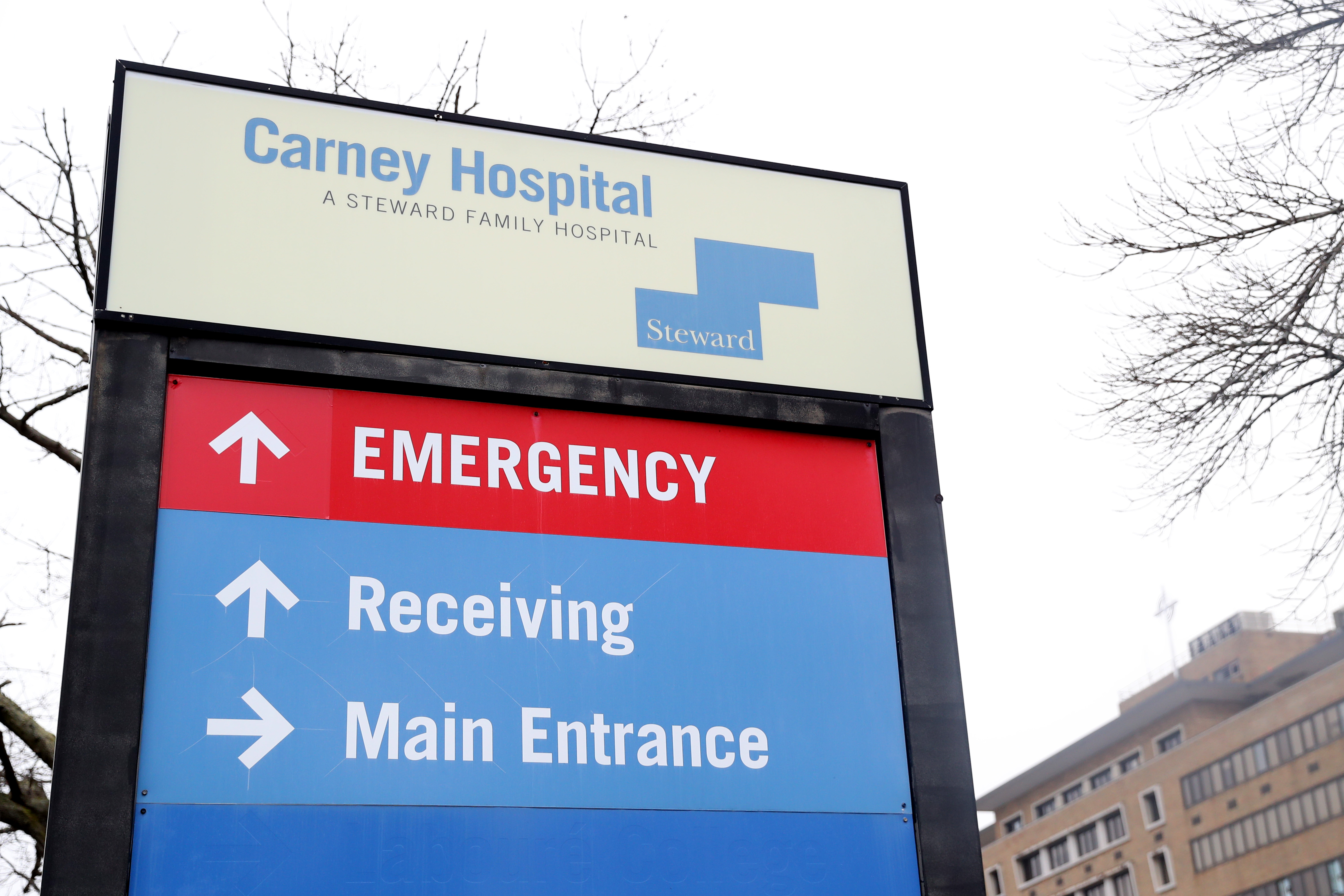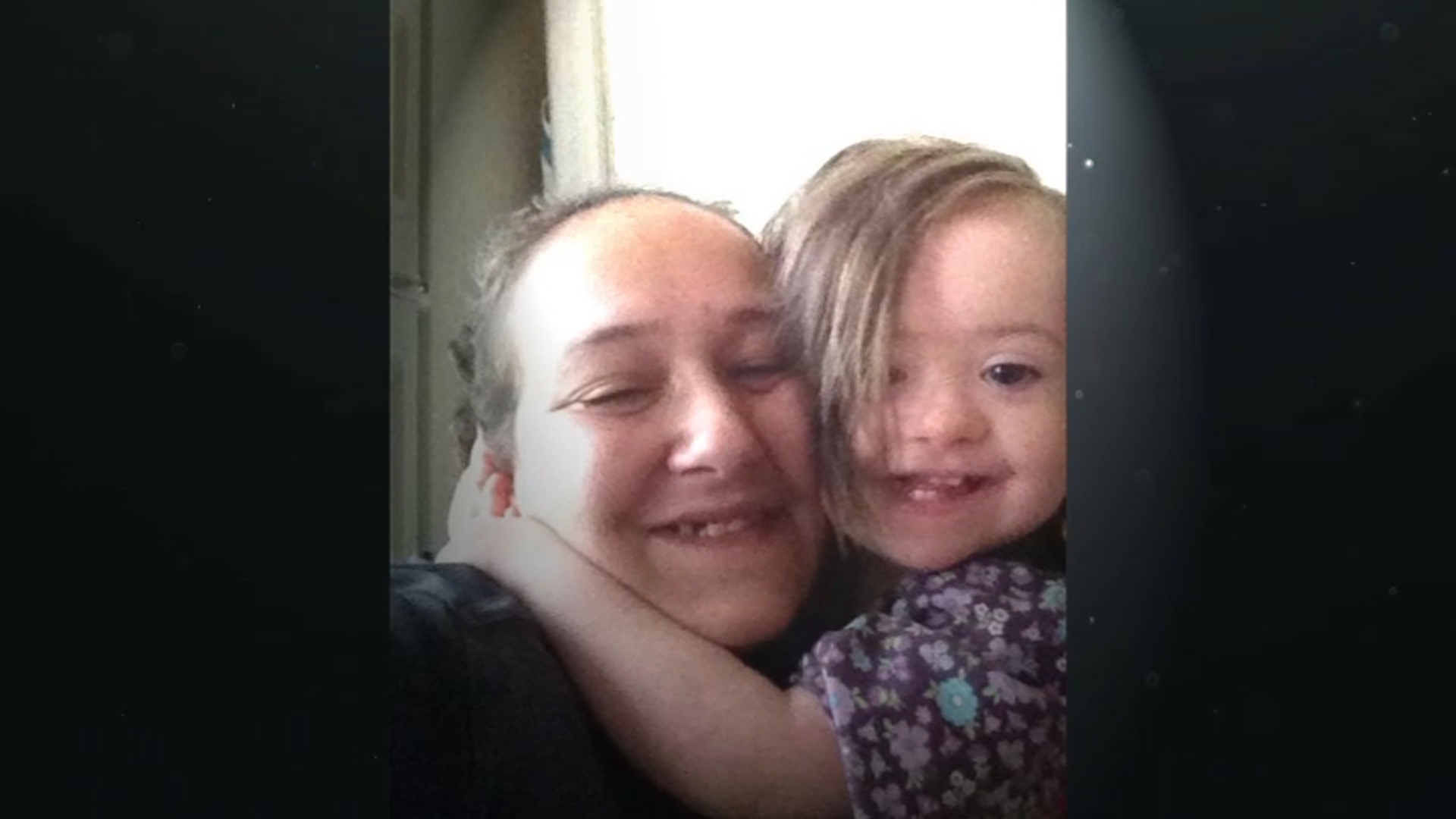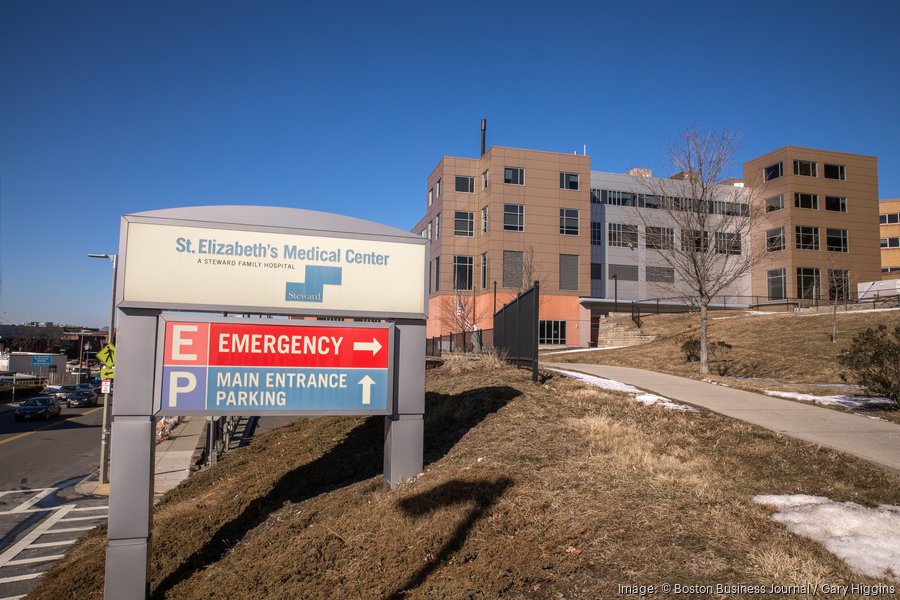Steward Health Care was back in bankruptcy court on Monday, continuing the process of selling its 31 hospitals to pay back its debtors.
“It’s so frustrating that they can come in and pull all the money and resources out of this town, I don’t get it,” said Nashoba Valley Medical Center nurse Audra Sprague.
Eight of those hospitals are currently open in Massachusetts, including Nashoba Medical Center in the small town of Ayer.
At Monday’s hearing, Judge Christopher Lopez approved a motion for next steps, breaking up Steward’s assets into two tracks with the first including all hospitals outside of Florida and much of Texas.
Get New England news, weather forecasts and entertainment stories to your inbox. Sign up for NECN newsletters.
"Today we're just outlining procedures and process, and that is what this motion is really about. We're not picking a winner today, we're picking a process that will allow parties' rights and provide transparency to the process, and that's what today is really about, and that's what this motion is requesting," Lopez said after hearing about half an hour of arguments, almost entirely in support of the timeline Steward proposed. "So today's just step one in the process. And I understand that, but an important one. You can't get to step two without step one, and today I will approve the motion."
The timeline that Lopez approved Monday sets a deadline for bids on Steward's Massachusetts hospitals (and hospitals in other states aside from Florida) of June 24 and schedules sale hearings to be held before the judge on July 11. Steward is proposing to sell its physician services network, Stewardship Health, along the same timeline.
Massachusetts Gov. Maura Healey is watching those moves closely.
“We continue to advocate for Massachusetts inside and outside of court,” Healey said.
A representative for the Commonwealth was in the courtroom warning that any buyer would need to go through the state’s regulatory process.
Attorney General Andrea Campbell also submitted a filing to the court calling for Massachusetts to have, “the opportunity to…legally challenge or approve any proposed sale of the Steward hospitals to new owners…”
“My job is to make sure we’re doing everything we can to protect patients access to care,” said Healey, “and to protect the 16,000 healthcare workers in the Steward network.”
Healey, House Speaker Ron Mariano and Senate President Karen Spilka have all ruled out a bailout of Steward. But their comments have also not ruled out that the state might need or want to provide some other kind of assistance to make the transition from Steward to other operators a smooth one.
A lawyer for the U.S. Department of Justice spoke during Monday's hearing to highlight for Lopez how the timeline, especially as it applies to the sale of Stewardship Health, could conflict with the U.S. government's antitrust review of the transaction. A lawyer for Steward said the company has been talking with the DOJ about ironing out any potential issues.
"It is important, though, to note that while the parties are working very quickly, as quickly as they can, regarding the review, that these reviews are time intensive. A lot of it is coming from papers that the debtor and the proposed purchaser, United, need to get to the United States," Augustus Curtis said. "And it is not likely, frankly, that a review of these antitrust concerns will be completed by the time of the sale hearing."
Curtis said he wanted to raise the issue Monday because the DOJ "didn't want to stand up for the sale hearing and indicate that there were problems that we didn't let the court know about from the very outset of the case."
Katie Murphy, president of the Massachusetts Nurses Association, put pressure on top state officials to maintain care at Steward facilities during a press conference in Ayer on Monday afternoon, warning the loss of any hospital would be "catastrophic" for communities and for remaining health care providers.
"We as a state and those in charge of protecting the state have ultimate responsibility to do whatever is needed to protect this and all communities from the loss of any essential health care services. And that means the governor and her administration, the attorney general, and the two leaders of our legislative body cannot be silent and must be active, pushing any and all levels of government power at their disposal to save these hospitals," Murphy said. "If we can allocate hundreds of millions of state dollars in corporate welfare, with initiatives to help industries like the Big Pharma-driven biotech industry, we can also divert some of those resources to protecting the health of hundreds of thousands of our most vulnerable friends and neighbors, while also preserving the jobs and economic engines that these hospitals provide to their respective communities."
While it all plays out, those in Ayer anxiously await solutions.
“It is scary, it’s their livelihood,” said Sprague.




